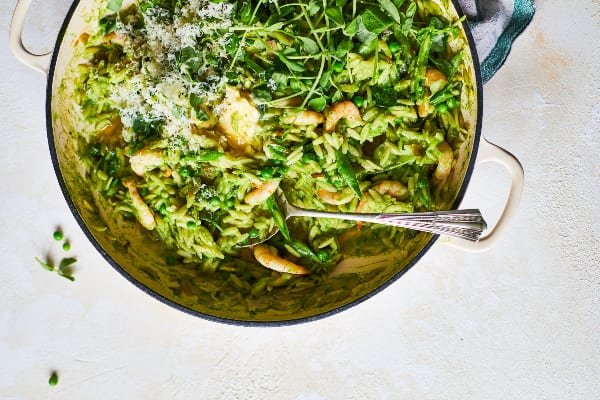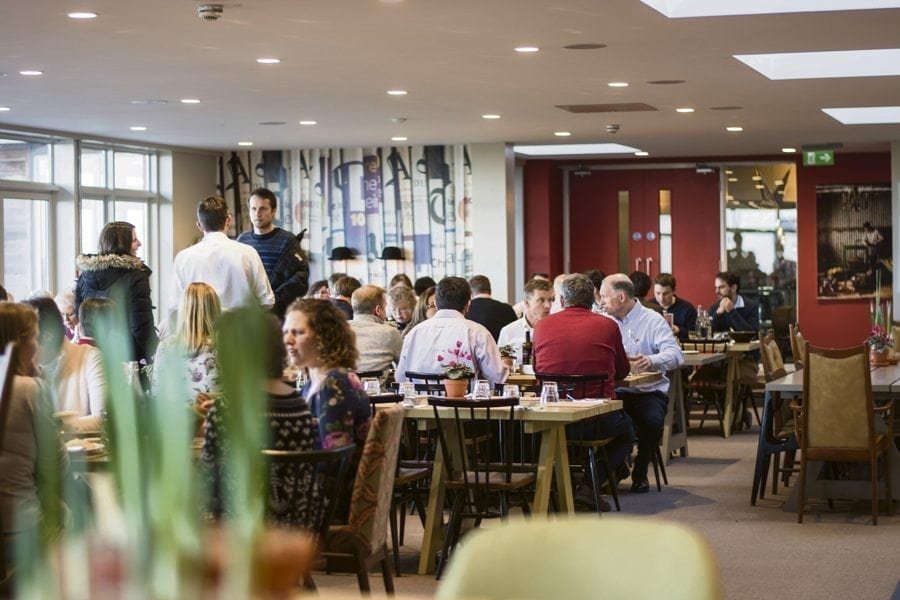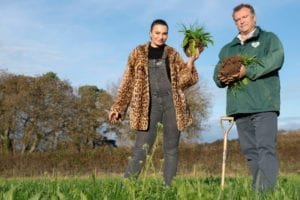From saving the last knob of butter or spoon of yogurt to using up a hard piece of cheese for a delicious recipe, here are some of the secrets to zero-waste cooking.</span
I hope these top tips will provide some inspiration to help you minimise food wastage – on Stop Food Waste Day (28 April 2021) and beyond!
Love your leftovers
At Yeo Valley Organic we love all food – especially leftovers! A great way to enjoy your leftovers is by being creative and turning them into another delicious dish.
In our café we like to make crostini from our leftover sourdough and freeze them sliced, ready to be used during the busiest days.
If we have any whole loaves of bread left over, we sell it to the staff at a reduced rate and if there is still any left, we turn it into breadcrumbs ready for future recipes!
Boil your bones
All the beef we use in the Yeo Valley Organic café and canteen is from our own farms, and we try to use every last bit of meat – including the bones!
We make a bone broth or a stock which you can turn into whatever recipe you like. We like to make gravy with it – it takes two days but it’s well worth the wait!
You can also reduce food waste when preparing fish by using the bones for a fish stock, or using any leftover trim for fishcakes, fish pie or croquettes.
Keep all cuttings
There’s a huge amount of waste in every kitchen from food preparation, but we love to see what trimmings and cuttings can be used in other recipes – you might be surprised about what you can repurpose!
We save all the trimmings from our root vegetables, such as onions or carrots, for our stock pot, which minimises the need to put in extra veg.
Any leftover veg from roast dinners can also be used for bubble and squeak for lunch the following day, and we make surplus veggies or other food items into soups, chutneys or purées.
We can do this at the height of their season to maximise flavour and extend the season – it’s especially good with broad beans, tomatoes, or wild garlic, which is in season now!
 Play Video about This Rock Might Just Save The World
Play Video about This Rock Might Just Save The World Play Video about Play 2 hours of rock
Play Video about Play 2 hours of rock Play Video about Play 2 hours of brook
Play Video about Play 2 hours of brook Play Video about Play 2 hours of sheep
Play Video about Play 2 hours of sheep















































